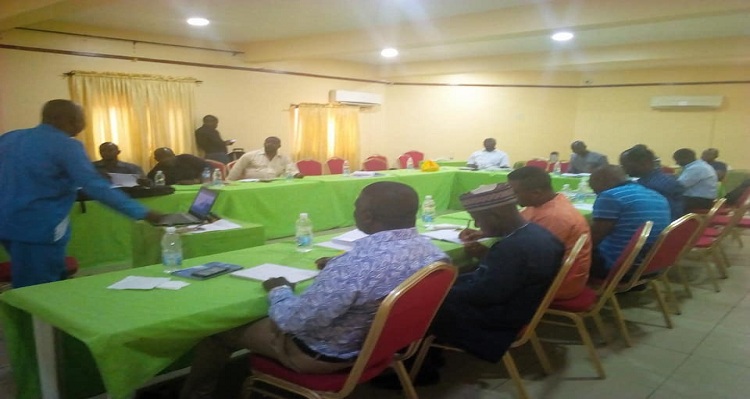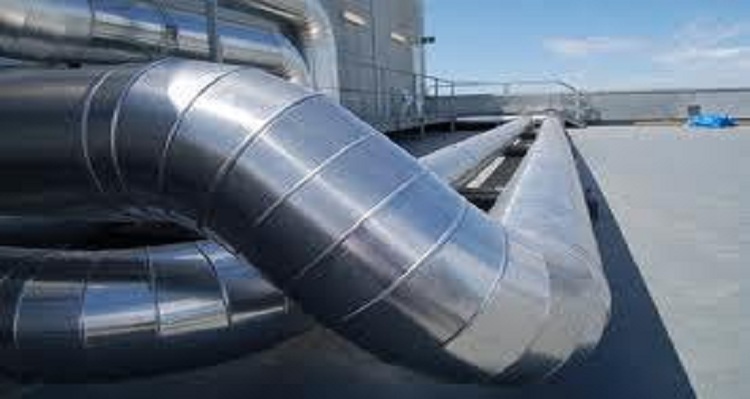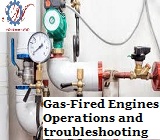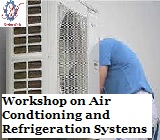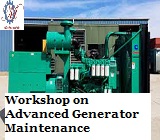An Intensive 2-Day Training Course
Gas-Fired Engines: Operations, Technology & Troubleshooting
Gas-Fired Engines: Operations, Technology & Troubleshooting
Tutor-Led Class @ NGN120,000.00 per Participant
Online @ NGN100,000.00 Per participant
On-Site to make formal request
Venue: Mechelectric Conference Centres, Ikeja, Abuja, PH and Ota
Date and Time: November 10 - 11, 2025; 0900Hr - 1600Hr Daily
Course Overview
This WorkmanSkills training course covers the construction, operation and controls of Gas -Fired Engines giving participants the knowledge needed to operate, maintain and troubleshoot gas systems. Participants will first learn about the gas-fired systems and will then dive deeper into construction, operation and maintenance techniques.
Topics discussed will include the operation and maintenance of the air inlet and filtration system, the pulse cleaning system and the evaporative cooler. It will also include the various operations of the Gas Engine control panel, the operator mode commands and the operation of the protection systems.
Participants will gain an understanding of all the different components of a Gas Engines necessary for the operation, maintenance and troubleshooting of gas-fired engines.
Course Benefits
By attending this WorkmanSkills training course, delegates will be able to:
Target Audience:
This course covers the fundamental skills for gas-fired engines operation personnel and maintenance personnel, including gas generator/turbine operators, maintenance technicians, and controls technicians. It will also be beneficial for professionals managing and supervising personnel involved in the operation and maintenance of gas systems.
How will this Training Course be Presented?
This WorkmanSkills training course is ideal for wide range of professionals but will greatly benefit:
Course Outlines
The Certificate
Certificate of Completion will be provided to delegates who attend and complete the course
This WorkmanSkills training course covers the construction, operation and controls of Gas -Fired Engines giving participants the knowledge needed to operate, maintain and troubleshoot gas systems. Participants will first learn about the gas-fired systems and will then dive deeper into construction, operation and maintenance techniques.
Topics discussed will include the operation and maintenance of the air inlet and filtration system, the pulse cleaning system and the evaporative cooler. It will also include the various operations of the Gas Engine control panel, the operator mode commands and the operation of the protection systems.
Participants will gain an understanding of all the different components of a Gas Engines necessary for the operation, maintenance and troubleshooting of gas-fired engines.
Course Benefits
By attending this WorkmanSkills training course, delegates will be able to:
- Describe the different stages involved in the operation of a gas-fired systems
- Operate and maintain the air inlet, the filtration system, the pulse cleaning system and the evaporative cooler
- Demonstrate an understanding of the compressor section to include the rotor, variable guide vanes and compressor blading
- Use the relevant control terms to operate and control protection systems
- Explain the construction and operation of the combustion section, including rotor, buckets, nozzles and bearings
- Outline the construction and operation of the liquid and gas fuel control systems, gas control valves and the lube oil system, essential to the operation, maintenance and troubleshooting of a gas-fired engines
- Describe the construction and the theory behind operation of a generator, including the starting system, the turning gear, the commutated inverter and the cooling methods
Target Audience:
This course covers the fundamental skills for gas-fired engines operation personnel and maintenance personnel, including gas generator/turbine operators, maintenance technicians, and controls technicians. It will also be beneficial for professionals managing and supervising personnel involved in the operation and maintenance of gas systems.
How will this Training Course be Presented?
This WorkmanSkills training course is ideal for wide range of professionals but will greatly benefit:
- Gas-fired engines operation personnel and maintenance personnel, including gas generator/turbine operators, maintenance technicians, and controls technicians.
Course Outlines
- Gas-Fired Engines Operation Cycle
- Air inlet system
- Compressor system
- Combustion system
- Gas path
- Exhaust system
- Support systems
- Air inlet and filtration system:
- Air inlet and filtration system purpose
- Air inlet and filtration system operation
- Pulse cleaning operation
- Pulse cleaning set points
- Evaporative cooler
- The compressor
- The rotor
- Variable input guide valves
- The blading
- Combustion system:
- Combustion system purpose
- Combustion system operation
- Crossfire tubes
- Spark plugs
- Flame detectors
- Turbine construction
- Turbine operation
- Rotor cooling
- Turbine buckets
- Nozzles and bearings
- Support systems:
- Fuel control
- Liquid fuel control
- Gas fuel control
- Control valves
- Speed ratio and stop valve
- Lubrication operations
- Theory of generator
- Generator construction
- Starting a generator
- Turning gear
- Commutated inverter
- Cooling a generator
- Control panel
- Important terms
- Operator commands
- Controls to conduct
- Trip oil
- Over speed
- Over temperature
- Flame detection
- Vibration detection
- Combustion monitoring
The Certificate
Certificate of Completion will be provided to delegates who attend and complete the course



